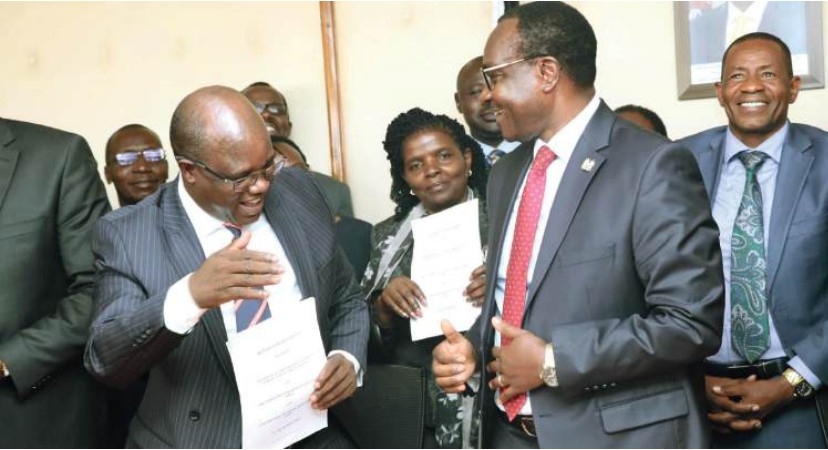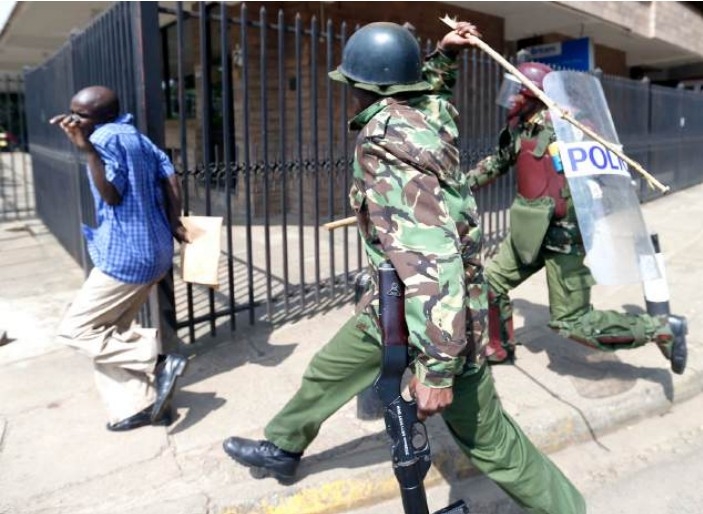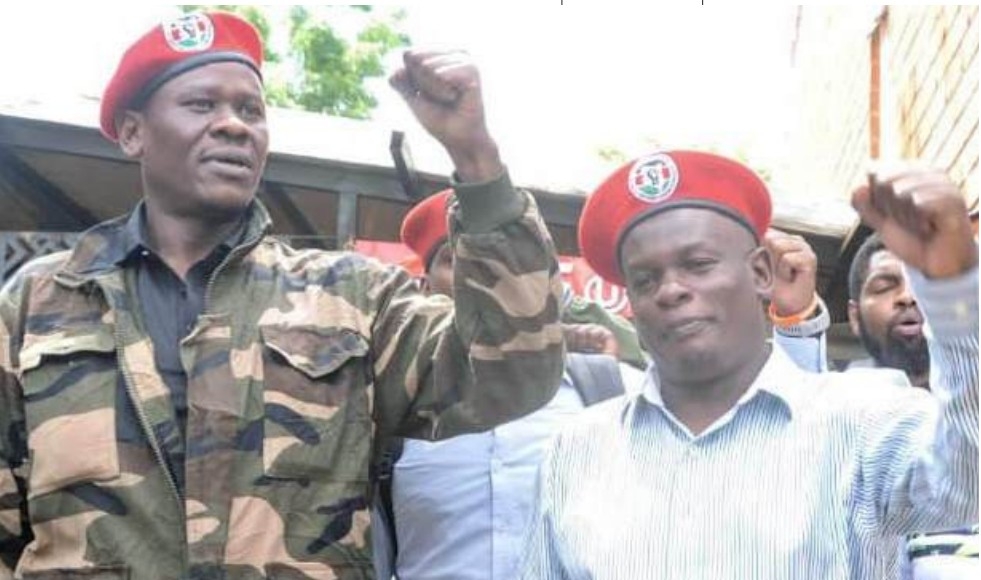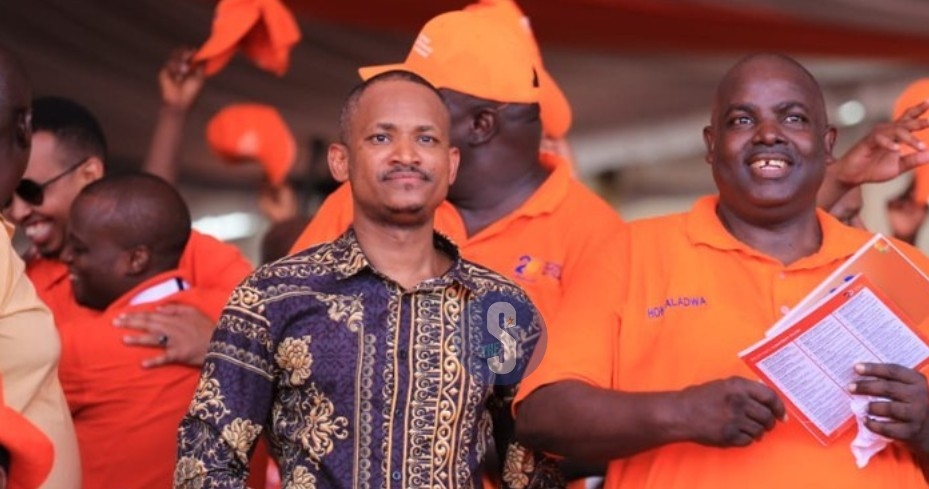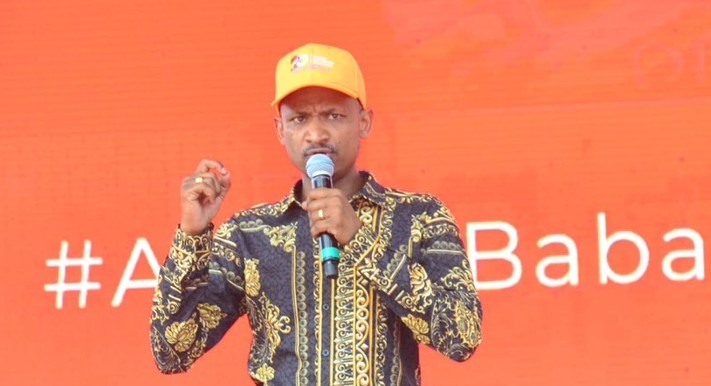Towards the end of October, a newspaper headline caught my eye. It read, 'Residents demand tarmacking of key road'.
The article then went on to explain that the road that 'residents' were so angry over is one which had been abandoned by a contractor and which was to have linked up Oloitokitok town in Kajiado county, to Taveta town in Taita Taveta county.
Two things struck me as interesting about this headline. The first was that back in the days of the single-party state – say, from the late 1960s to 1992 – it would have been unthinkable that any Kenyans, no matter where they lived, should 'demand' the tarmacking of any road.
Any such road improvement was something you went through a very elaborate sequence before you could basically beg for it – not demand it.
Local leaders had to beseech the president to visit your corner of the country; praise him lavishly at a public rally; and only then place a very tentative request before His Excellency for improvements on that key road.
And indeed, generally speaking, nothing was more likely to inspire the locals to give their fervent support to the president than a major piece of infrastructure like a new tarmac road.
But times pass and priorities change.
And thus, it came to pass that during the recent general election campaign period, when voters from Central Kenya who expressed their disenchantment with (now retired) President Uhuru Kenyatta were told of the many new and improved roads that had been built in Central Kenya during his presidency, they calmly replied that “We cannot eat roads”.
As explained in the political analyses of that time, it would seem that what a sizable number of residents of Central Kenya truly valued was not improved public infrastructure – in and of itself – but rather what they defined as 'cash in the pocket'. And this they believed was something they were more likely to get through the many new projects fronted by the current president (then just one of two leading candidates) Dr William Ruto.
At first glance, it might appear that the Central Kenya voters are ungrateful. After all, they are mocking precisely the kind of development projects that the people of Kajiado and Taita-Taveta counties are eager to receive. But there is more to it than that.
What the road between those two counties is expected to achieve is to increase the number of tourists visiting the game parks in that region: Amboseli National Park in the case of Kajiado and Tsavo National Park in the case of Taita Taveta. And perhaps also allow for the easy transport of food crops grown in one county, to the other.
But if this road were ever to be tarmacked and the locals then found that not much had changed in their personal finances, they too might then inform the MP for Kajiado South, Samuel Parashina, who was championing the building of this road: “We cannot eat roads.”
All this points to a certain confusion when it comes to our national vision as to what kind of country we want to live in.
At one level it is obvious enough: if you distil all the political party manifestos and public declarations which come with every general election, then I would say that the goal is to create a social democratic welfare state on the Nordic model. We want Kenya to be a Sweden, or a Denmark – and a shining example of political stability and material progress to all of Africa.
One definition of such a welfare state specifies “universal and comparatively generous benefits, a commitment to full employment and income protection, and a strongly interventionist state used to promote equality through a redistributive social security system.”
But at the practical level, even the greatest propagandists within the political class are not really capable of convincing our sceptical Kenyan public that this is something which we can hope to see achieved in our lifetimes.
So, they specify individual projects that might create more jobs; the expansion of free education programmes; subsidised farm inputs; and so on.
An advanced social welfare state, for now at least, remains – in the words of the political philosopher, Isaiah Berlin – “a desirable goal to which there is no clear path.”







